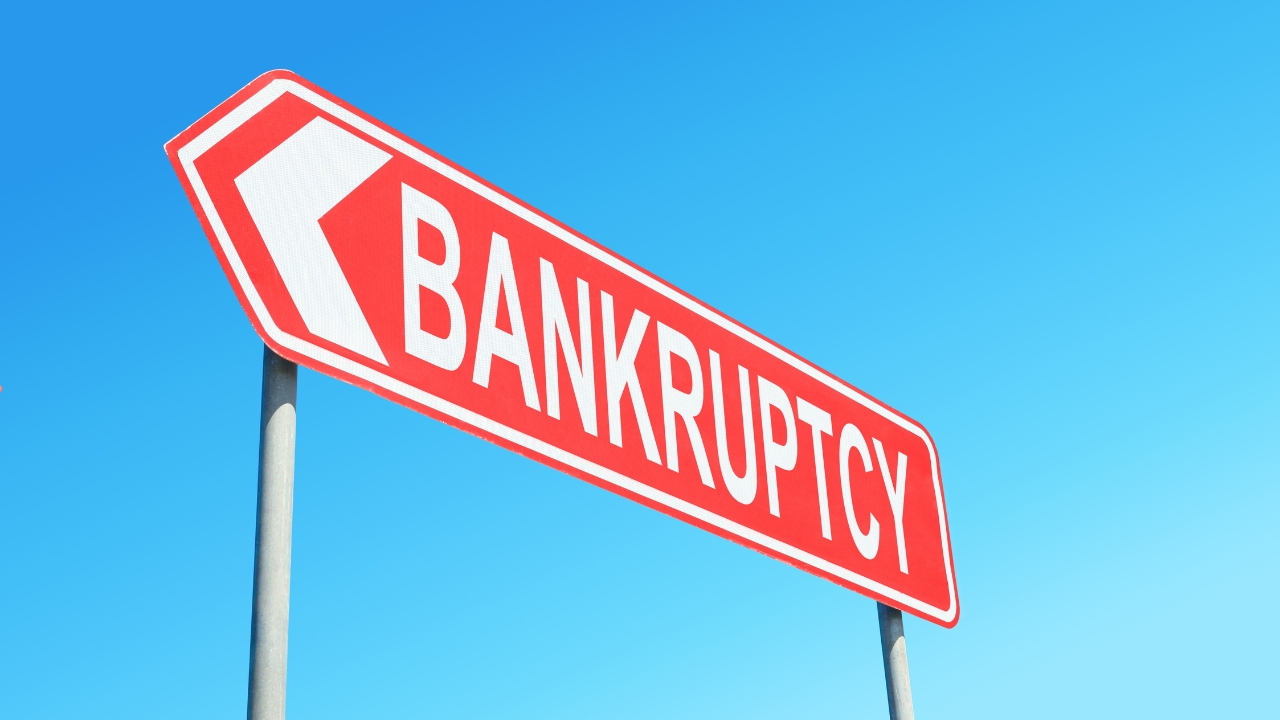Bankruptcy is a legal process that can provide individuals or businesses with a fresh start when overwhelmed by debt. However, it’s crucial to understand the impact of bankruptcy on your credit score. Bankruptcy can have significant implications for your creditworthiness and financial future. In this blog, we will explore the effects of bankruptcy on your credit score and provide you with important insights to help you navigate the process.

Understanding Bankruptcy
Bankruptcy is a legal proceeding that allows individuals or businesses to eliminate or repay their debts under the protection of the court. There are two primary types of bankruptcy for individuals: Chapter 7 and Chapter 13. Chapter 7 involves the liquidation of assets to discharge debts, while Chapter 13 involves creating a repayment plan to settle debts over time.
Immediate Impact on Credit Score
Filing for bankruptcy will have an immediate negative impact on your credit score. The exact impact will depend on various factors, including your previous credit history and score. Typically, individuals who file for bankruptcy already have a lower credit score due to financial difficulties leading up to the filing.
Bankruptcy Reporting on Credit Reports
Bankruptcy information will be reported on your credit report for a certain period. In the case of Chapter 7 bankruptcy, it will stay on your credit report for up to 10 years from the date of filing. Chapter 13 bankruptcy will typically remain on your credit report for up to 7 years from the date of filing.
Reduced Access to Credit
After bankruptcy, it’s common to face challenges in obtaining new credit. Lenders may view individuals who have filed for bankruptcy as high-risk borrowers. This can limit your access to credit cards, loans, and other forms of financing. If you are approved for credit, it may come with higher interest rates and less favorable terms.
Rebuilding Your Credit
While bankruptcy has a significant impact on your credit score, it’s not the end of your financial journey. You can take steps to rebuild your credit over time:
- Create a budget and prioritize responsible financial habits.
- Obtain a secured credit card or a credit-builder loan to start rebuilding credit.
- Make timely payments on all your obligations, including utilities, rent, and any remaining debts.
- Consider working with a credit counseling agency to develop a personalized credit rebuilding plan.
Patience and Time
Rebuilding your credit after bankruptcy requires patience and time. Over time, the negative impact of bankruptcy on your credit score will diminish. As you demonstrate responsible financial behavior and a positive credit history, your credit score will gradually improve.
Conclusion
Bankruptcy has a significant impact on your credit score and financial well-being. It’s important to understand the consequences and take steps to rebuild your credit over time. By adopting responsible financial habits and seeking guidance from reputable sources, you can work towards rebuilding your credit and regaining your financial stability. Remember, even with a bankruptcy on your record, it’s possible to build a positive credit history and improve your creditworthiness in the long run.


